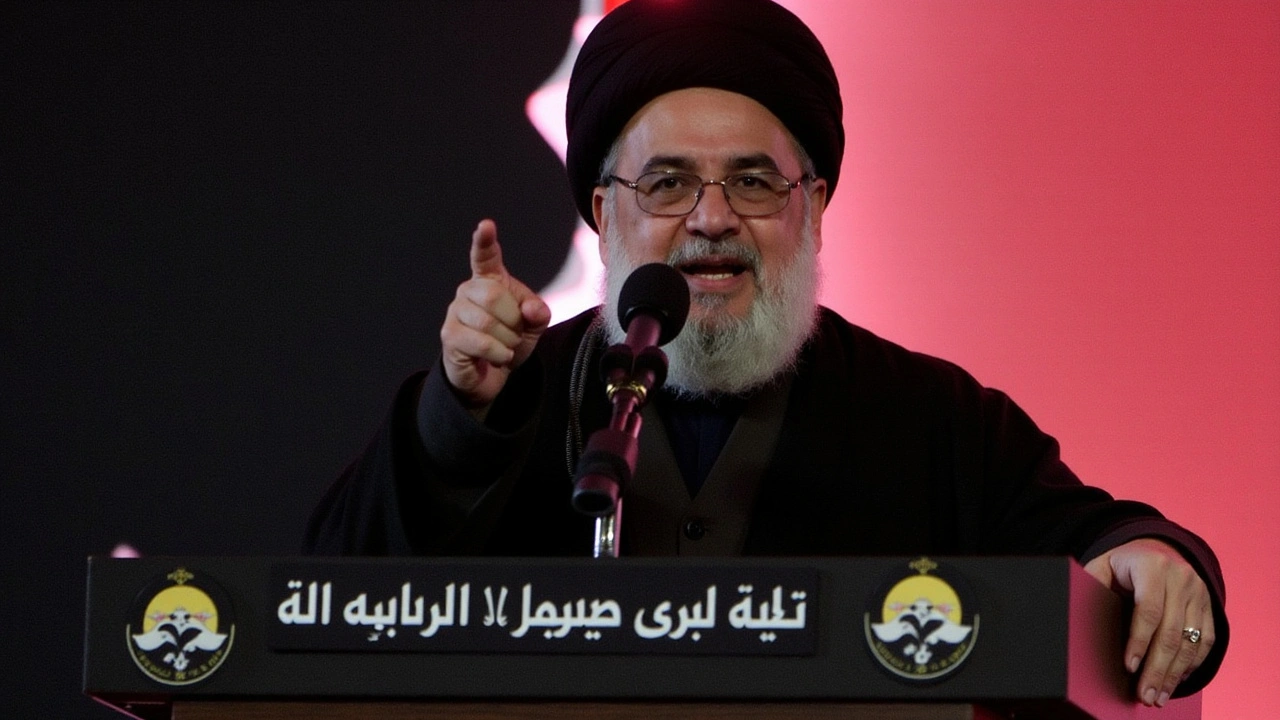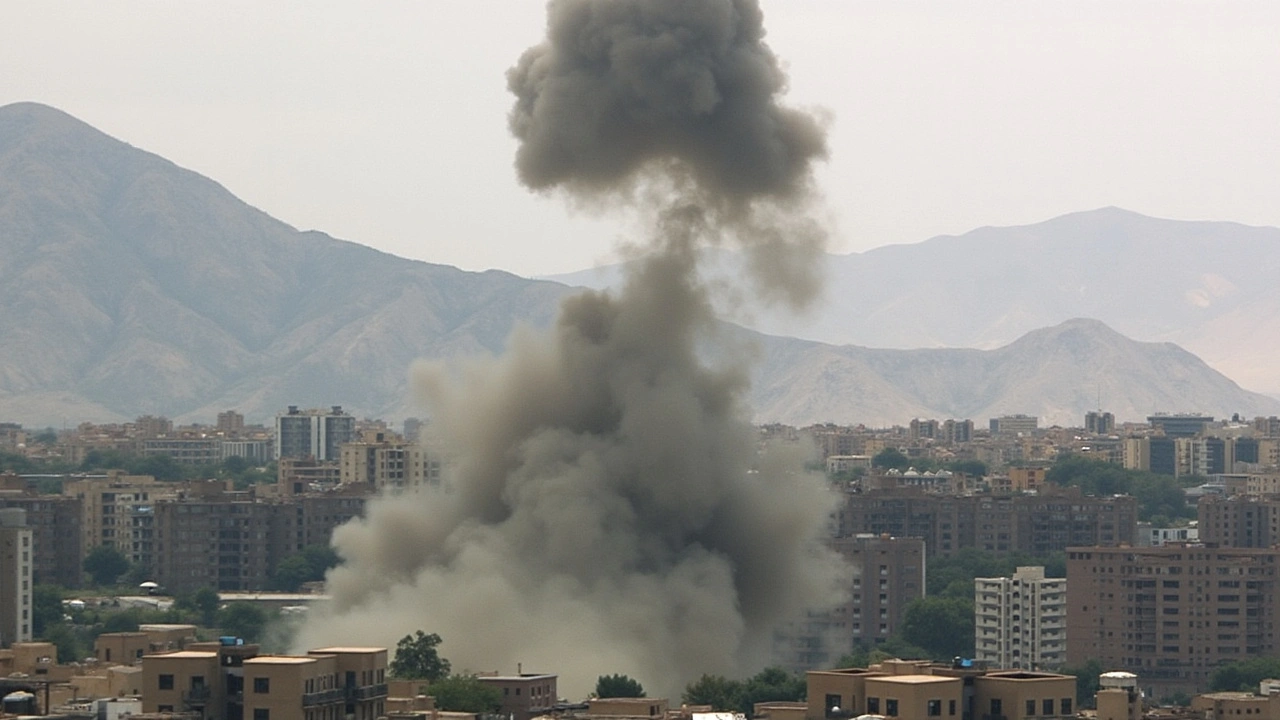Hezbollah: Origins, Power and Why it Matters
Hezbollah is both a political party and an armed movement based in Lebanon. Born during the early 1980s after Israel’s invasion of Lebanon, it grew from a local militia into a major force with deep ties across the region. Today it runs schools and hospitals, holds seats in Lebanon’s parliament, and maintains a large armed wing that operates outside the regular Lebanese army.
Where Hezbollah came from and what it stands for
The group formed as a Shiite Islamist resistance movement, backed early on by Iran. Its founders said their main goal was to resist Israeli occupation and defend Lebanese Shiite communities. Over time Hezbollah added a political track: it began running in elections, joining cabinets and offering social services in areas neglected by the state. Its ideology mixes religious clerical influence with nationalist and anti-Israel themes.
Iran’s role is a key part of the story. Tehran provides financial support, military training and weapons, which helped Hezbollah grow from a guerrilla force into a group with long-range rockets and trained units. Syria also played a role by allowing weapons and fighters to move across borders, especially during the Syrian civil war.
How Hezbollah operates and its military reach
Hezbollah keeps two main faces: the political/social side and the military side. The political side manages elected officials, charities and local services. The military side maintains command structures, training camps and a large missile arsenal. This military capability has changed the balance of power in southern Lebanon and shaped repeated clashes with Israel, including the full-scale war in 2006 and frequent border incidents since.
The group’s involvement in Syria — fighting alongside Damascus — extended its battlefield experience and deepened its regional network. That role also sparked criticism at home from Lebanese who say Hezbollah drags Lebanon into regional conflicts. At the same time, many Shiite communities view the group as a defender and provider.
International reactions differ. The United States and some other countries label Hezbollah a terrorist organization. Several European states and international bodies also have restrictions or listings, though exact definitions and policies vary. These designations affect sanctions, banking and diplomacy linked to the group.
Why should people follow Hezbollah’s story? Because it affects Lebanon’s politics, regional tensions and security across the Levant. Decisions made by Hezbollah’s leaders shape border stability with Israel, Lebanon’s economy, and how outside powers engage with Beirut.
Want updates? Follow reputable news outlets like Reuters, BBC, Al Jazeera and regional reporting for timely, verified coverage. If you’re in search of background or the latest developments, check our site’s Middle East section for news summaries and expert takes that cut through the noise.
- September 28, 2024
- Comments 11
- World News
Hezbollah Leader Hassan Nasrallah Killed in Major Israeli Airstrike in Beirut
- September 24, 2024
- Comments 9
- World News


